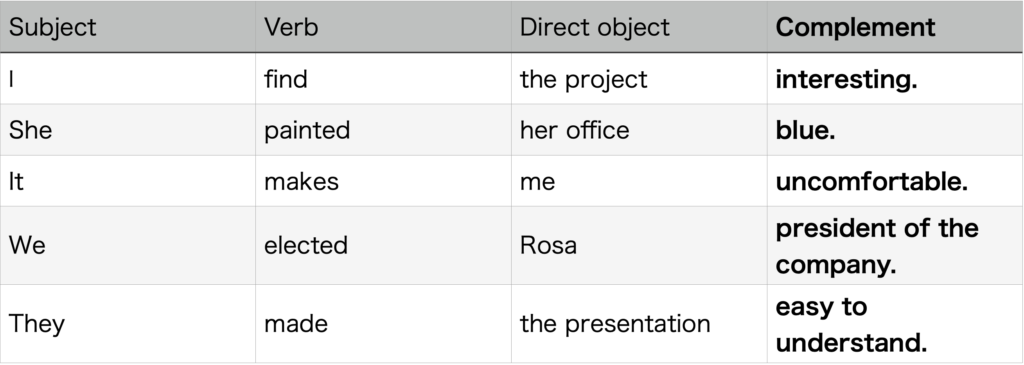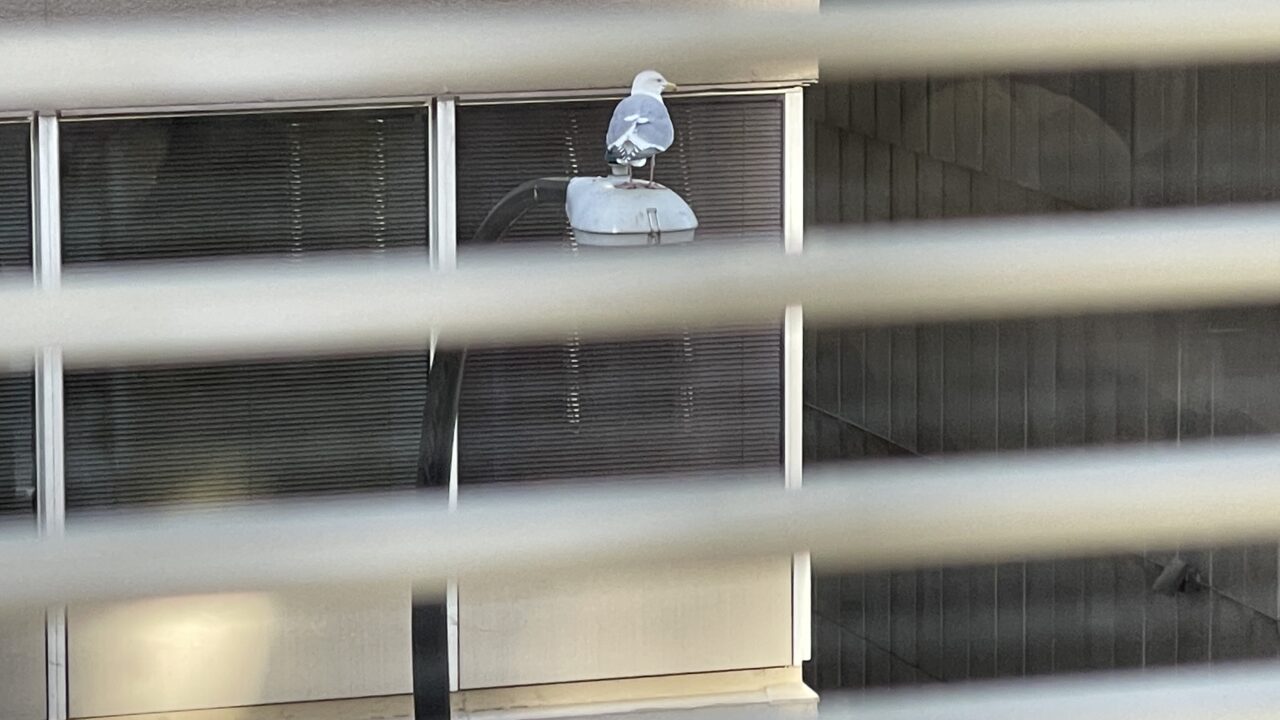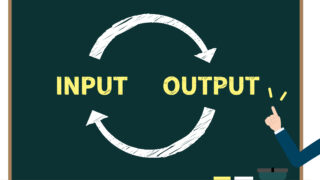こんにちは、こんばんは、おはようございます!
元不登校中学校卒業時英語の成績2だった英語の先生Kazumaです。
今日は、【留学先生日記】#17 第5文型 SVOC Object complementsを説明します。中学3年生で習う第5文型ですが、”第5文型”という言葉は高校生で習います。私は、高校生で初めて習った文型もつまずいたポンコツなのでわからない人の気持ちがわかります。そんなヤツが何となく説明していくので最後まで読んでいただけると嬉しいです。
私は、日本語が母国語で現在カナダのバンクーバーで語学留学をしています。大学生の頃、ブルガリアに2ヶ月間いたので、少しだけブルガリア語ができます。最近、身近な人の母国語がタガログ語、マンダリン、ポルトガル語だったりするのでブルガリア語のように緩く勉強はじめました。
そんな私が異なる言語を使う際に”今話している単語の品詞は名詞でその後に動詞を過去形にして”とか考えたことがありません。だから私は単語、表現、文法をイメージで覚えます。みなさん母国語ってそうやって習得しています。新しい言語を勉強して習得するにあたって、単語や文章のイメージができることがとても大切です。かんたんに説明をすると、”英語を英語で学び、英語で理解すること”です。
Vocabulary
embarrassed: feeling ashamed
frustrated: feeling upset because something is preventing you from doing something
mad: feeling angry
tense: feeling nervous or anxious
communicate clearly: to talk about or explain things in a clear way
follow instructions: to do what you are supposed to do
have experience: to know how to do something well because you have done it before
meet deadlines: to finish something on time
第5文型 SVOC
An object complement is a noun or adjective that comes after a direct object and renames or describes the direct object.

Notes
• Object complements are commonly used with certain verbs, such as call, consider, elect, find, and make.
• The complement can be a noun phrase (e.g., president of the company) or an adjective phrase (e.g., easy to understand).
It makes me uncomfortable.
(語順)主語S+動詞V+目的語O+補語C(O=C)
語順に関しては全く難しくありませんが、目的語O=補語Cになるイメージができていればかんたんに理解できます。中学生では、目的語O=補語Cとは教えず、call A B “AをBと呼ぶ”のようにイディオムとして覚えます。高校生になると第5文型として覚えます。
Practice
Combine the sentences into one sentence that has an object complement.
1. We saw him. He was working late.
2. They elected Mr. Jones. Mr. Jones became president.
3. I found the email. It was sitting in my inbox.
4. They will be painting my office. It will be light blue.
5. We heard the copy machine. It was making strange noises.
6. She considered the award. It was an honor.
Read each conversation. Complete the reply with a direct object and object complement, using the words in parentheses. Change verbs as needed.
7. A: Traffic is terrible here!
B: | hate it, too. It (make / frustrated)
8. A: Did the boss like your presentation yesterday?
B: Yes, she (find / interesting)
9. A: Are you the new manager?
B: Yes, I’m Robert, but please (call / Rob)
10. A: The coffee is not very good this morning.
B: I know. Someone (make / too strong)
11. A: Gaby, your office is always so clean!
B: Thanks. I like to (keep / neat)
12. A: I’m glad they’re painting these dull white walls.
B: Me too. They’re going to (paint / yellow)
13. A: I heard Amir is getting a promotion.
B: Yes, they are (make / a senior designer)
14. A: Our new project is going to be huge!
B: That’s for sure. It will (keep / busy)
15. A: How do you like working with the people at that new company?
B: Unfortunately, I am (find / difficult to work with)
A.1. We saw him working late
2. They elected Mr. Jones president.
3. I found the email (sitting) in my inbox.
4. They will be painting my office light blue.
5. We heard the copy machine (making) strange noises.
6. She considered the award an honor.
7. makes me frustrated
8. found it interesting
9. call me Rob
10. made it too strong
11. keep it neat
12. paint them yellow
13. making him a senior designer
14. keep us busy
15. finding them difficult to work with
まとめ
第5文型 SVOC Object complementsでした。中学3年生で習うものですが、詳しくは高校生でやります。たいした説明ができないポンコツが、ムダを省いてかんたんにまとめてみました。
エポスカードは、海外旅行保険が自動付帯のクレジットカード


















